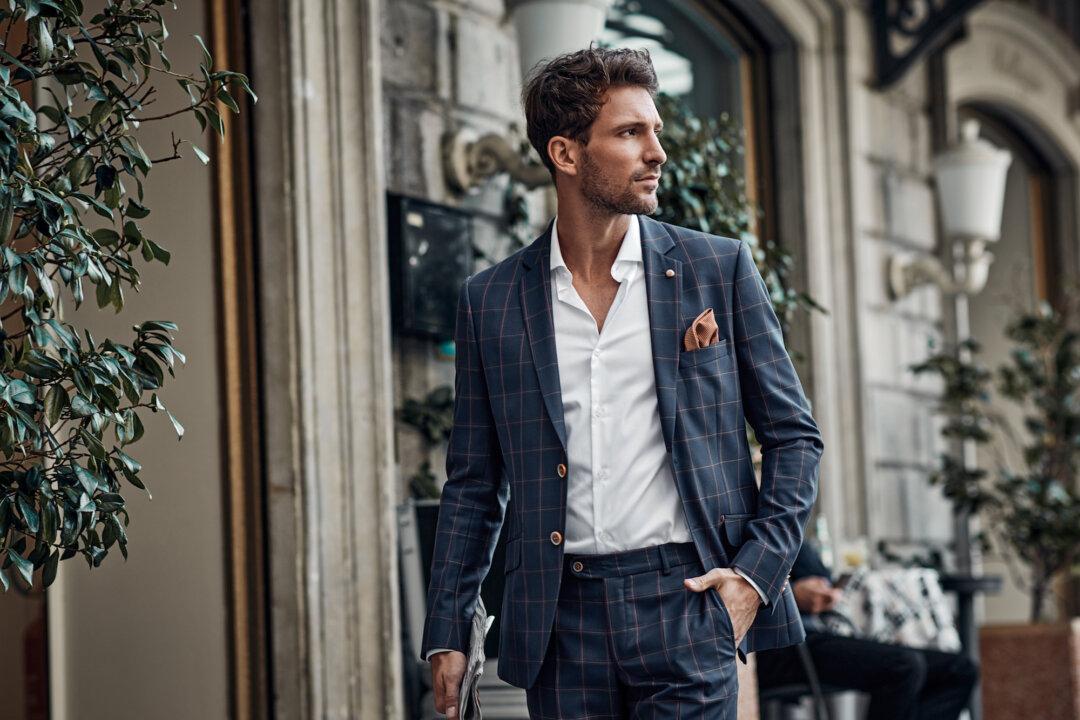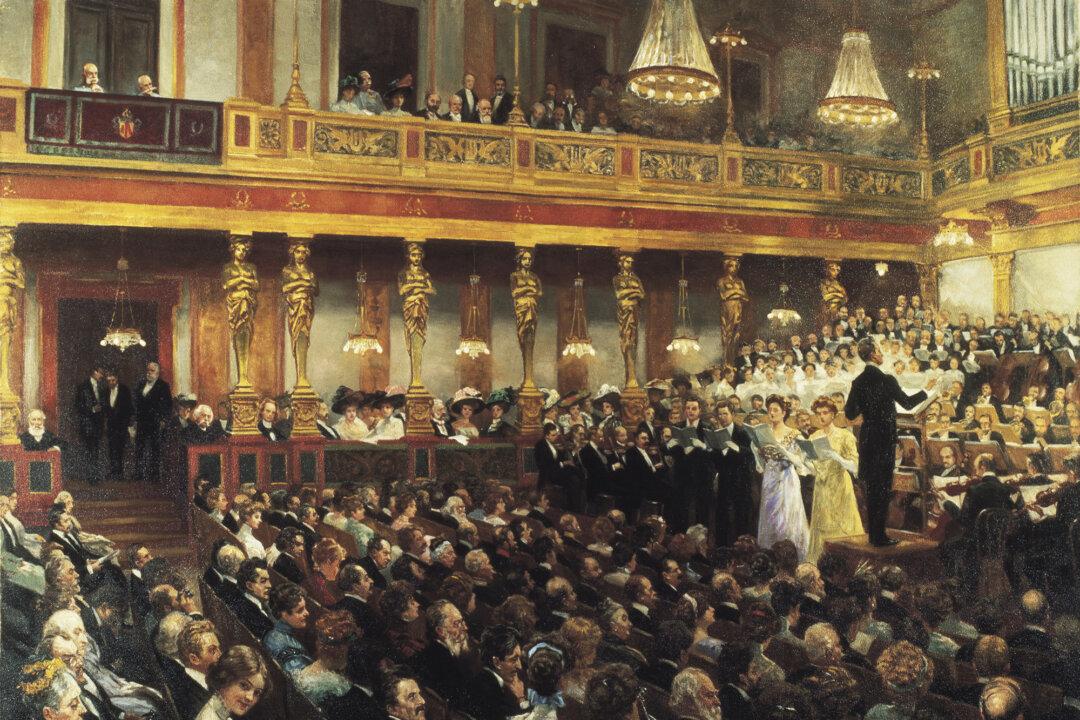Whenever I fly, I do my best to dress somewhat professionally, even if I’m only heading out to see a friend for a brief visit.
My travel outfits aren’t fancy—a nice top and a skirt (the latter going no longer than the knee so I don’t get pulled over by TSA)—but they do look respectable. Dressing this way not only helps me feel confident and put-together, but it also seems to help others—from security agents to passengers—treat me with respect and kindness.






